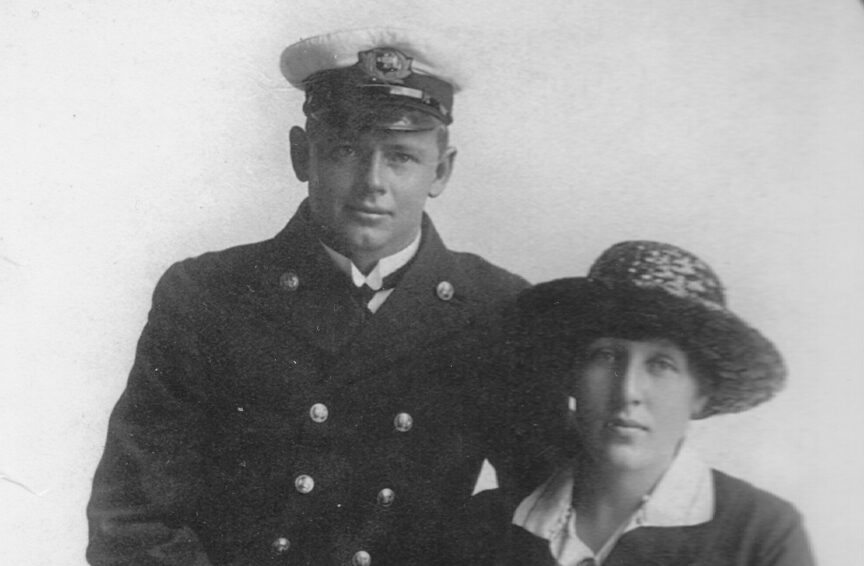PO Box 95
Lyttelton 8841
Te Ūaka recognises Te Hapū o Ngāti Wheke as Mana Whenua and Mana Moana for Te Whakaraupō / Lyttelton Harbour.
William 'Billy' Webb, Lyttelton Born World Sculling Champion
The enthusiasm of Whakaraupō Lyttelton Harbour locals for competitive water sports began as early as the May 1851 Regatta and is exemplified in the life of William Charles Webb, known as Billy. Born in Ōhinehou Lyttelton on 21 January 1880, his father John Richard Webb served as Mayor of Lyttelton 1913-1914. Commitment to civic duty appears to have run in the family; Webb's uncle, Samuel Rollin Webb was Lyttelton Borough Councillor and Mayor for 8 years in the late 1880s and early 1900s.
Billy attended West Lyttelton, Lyttelton Borough and Christchurch Boys High Schools, showing early promise for his natural athleticism. He excelled in running and cycling but his enthusiasm and focus was soon taken over by rowing. At 5 foot 10 inches tall and weighing just over 11 stone, he was a lean, even wiry specimen.
Webb's early training took place on harbour waters with the Lyttelton Rowing Club, guided by champion oarsman Dave Page. On 16 December 1896 with Alfred, one of his three brothers, Billy won his first regatta in a pair-oar race at Akaroa.
At just 17 years of age Webb moved to Wanganui, doubtless drawn by its location near the mighty river which would be the location of many of his achievements and also his adopted home for the rest of his long life. Under the Union Boat Club, he won four New Zealand amateur championship titles, two for single scull events and two alongside Joe Green for doubles.
In 1906, having turned professional, Webb took out Australian Jim Stanbury over a 3 km course on the Wanganui River, winning a generous purse of £200 and the title of New Zealand Sculling Champion.
In August 1907 Webb competed against then World Sculling Champion, Australian Charlie Towns, on the Parramatta River in Sydney, beating his rival by five boat lengths. Despite a call by Towns of an alleged foul by Webb, the umpire’s ruling stood and Webb took the title of World Sculling Champion.
In February 1908, the first time a World Championship competition had been held in New Zealand, Webb successfully defended his international title. His adversary was a much bigger man, Australian Richard (Dick) Tresidder, but Webb successfully trumped him by three lengths in 20 minutes 28 seconds over the 5.2 km course.
Webb's international success made him a very popular figure in New Zealand, and his subsequent races, especially those held on the Wanganui River, were attended by thousands, many chanting fervently for their favourite; “Webb Webb Webb”! In December 1908, against this backdrop and another formidable competitor, Dick Arnst from South Canterbury, Webb was not able to retain his title, being beaten by 8-10 lengths. Webb challenged Arnst in 1909 but was again defeated, albeit this time by only 2-3 boat lengths.
After a last professional race win in September 1915 against Paddy Hannan, 36 year old Webb retired from professional sport, though he continued to take to the water until his mid 70s. A humble and likeable man who was generous with his time in training and exhibition events, his exemplary style was regarded as the epitome of sculling technique.
On 2 October 1960, Webb died in Wanganui at the age of 80. Posthumously, he was inducted into the New Zealand Sports Hall of Fame in 1997, in recognition of his significant contribution to rowing. A “Billy Webb Challenge” takes place annually; in 2016 it included Olympic medallist Mahe Drysdale, amongst others.

